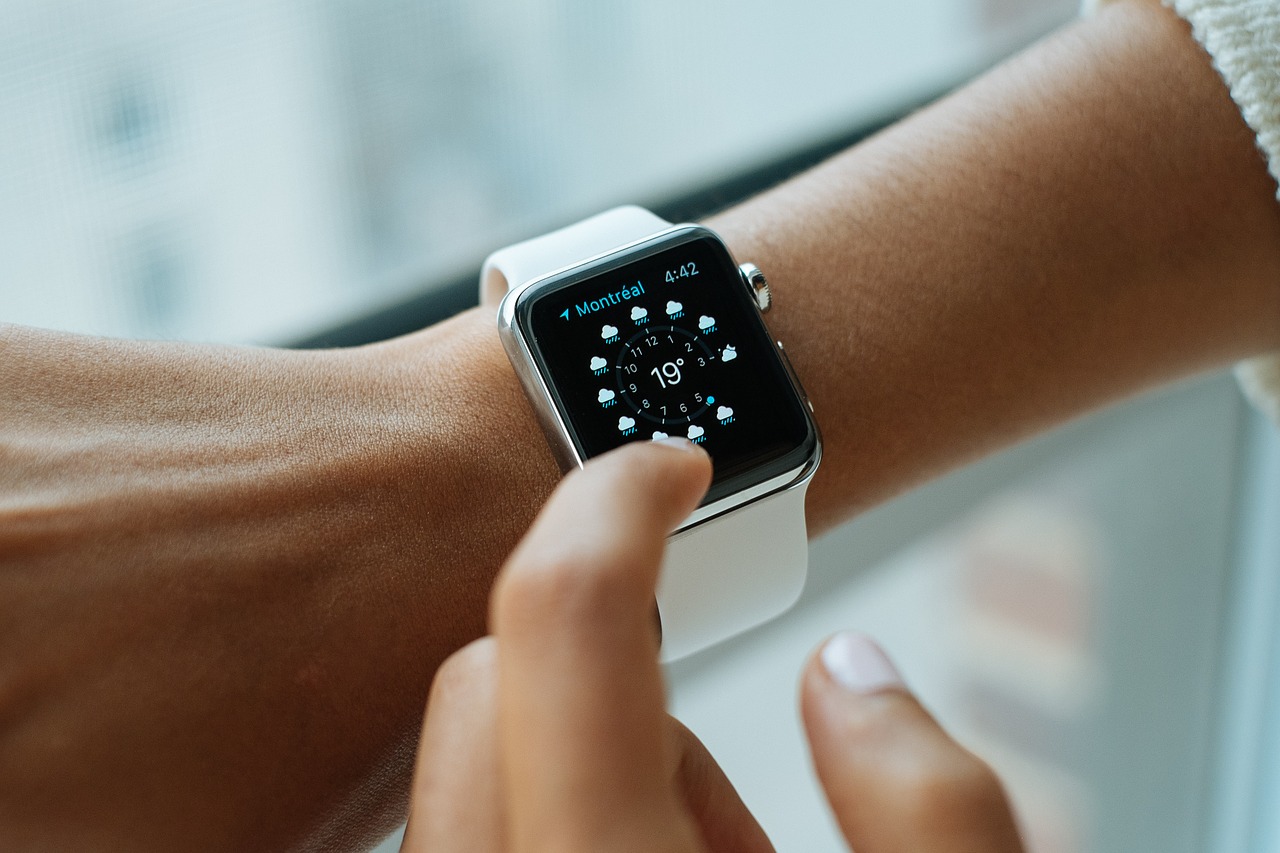The Significance of Your First Impression
At face-value, you may be tempted to identify the interview as arbitrary or outdated. Why sit down an applicant to discuss their accomplishments and past experiences, when such information has already been clearly laid out through the resume?
- Well in fact, the reasoning justifying this mistified and all-so dreaded application component has to do with behavioral tendencies, known more broadly under the label of verbal and nonverbal habits.

Unlike any other application components, including the resume and cover letter, the interview is unique through the fact that it incorporates additional suddelties of communication.
- Being able to pick up on these slight inconsistencies will help a hiring manager determine whether an applicant is truly someone they deem able to work with.
It’s worth bearing in mind how quiet and personal the interview is.
- In such an environment, the interviewer is bound to pay close attention to your body language.
- Through this process, you need to ensure that the interview stays focused on what you're saying, as opposed to other miscellaneous details such as your voice tone or twiddling fingers.
Even still, while you may try to refocus the employer’s attention, it’s often said in the context of the interview that your impression is factored more heavily by your delivery skills rather than the content of what you’re saying, and in many cases, this statement bears a great deal of merit.
- A firm handshake, direct eye contact, and close listening skills will often override more blatant flaws in your responses.
With that said, the key to manipulating an employer’s perception of your verbal and nonverbal habits centers around paying mindful attention-to-detail.Nailing this ‘first impression’ is essential when moving forward with the job application process.
Hygiene
A careless attitude surrounding hygiene can throw off the course of your entire application. Employers look for dedicated workers with a sense of personal acknowledgement and self-advocacy. Spare yourself the shame in having to explain poor dress or ungroomed body hair, and instead reflect your commitment to a position in the maintenance of your personal hygiene.
CAREER
TIP
Accompanying proper hygiene is the topic of industry-standard dress; browse over our guide for information.
Here is a basic checklist of details you may consider bearing in mind:
Timeliness
The choice of when to show up for a job interview can be a precarious subject matter. Surprising your hiring manager with a preemptive entry time may show a disregard for details having already been planned out, while showing up a later time than was scheduled will put off a sense of entitlement and absent-mindedness.

Truthfully, there is no ‘golden spot’ for exactly how early you should leave.
- To figure out such details more accurately, we recommend using a traffic analyzer, which will provide an estimated time of arrival.
- Plan accordingly, while also relaying a 10 minute buffer onto your entry time, as a way to account for unforseeable details, such as roadblocks or accidents.
Upon arrival, entry the reception room no sooner than 5 to 10 minutes before your scheduled arrival time.
- If you end up having a spare few minutes, there’s always the option to look around for a nearby coffee shop or take a look over your notes.
- With that said, be wary of entering the building before the designated time.
- Make sure whatever excess time you have is spent outside the facility, as a way of releasing pressure from eager interviewers.
Behavioral Quirks
While letting hints of your personality leak through your application may signal authenticity to your employer, we would advise restraint on the subject of careless or inconsiderate behavioral quirks, such as speaking overtly loudly or chewing your fingernails.
The truth of the matter with behavioral quirks is that even little details hold the power to overturn your entire application.
- The interview is used to formulate an overall impression, and failing to recognize a negative habit when it comes up will cast a negative light on your workplace compatibility.
The following tips can be used as pointers for behavioral quirks best avoided throughout the interview:
- Avoid touching your mouth
- Dress lightly to reduce sweating
- Refrain from consumption of soda or alcohol
- Don’t smoke a drug of any variety before the interview
- Push hair away from your face, avoiding playing with it
- Don’t chew gum while you’re speaking to an employer
- Grab a pencil or stress reliever to prevent yourself from twiddling with your fingers
- Avoid yawning or stretching in front of your hiring manager, which signal lack of interest
- Maintain a non-forced gaze with the hiring manager
- Don’t fiddle with things which haven’t been handed to you
Profesionalism
Applicant to applicant, resumes range in content, and most importantly, style. It is crucial to find an original and highly memorable application format, as to entice your employers to remember you from the rest of the pack. There are a few broad categories from which to base your style.

Just as nervous habits may cast your professional personality in a negative light, blatantly saying illogical or perceptually careless phrases may irritate the employer to whom you’re speaking.
- Remember, you want to keep your hiring manager’s attention fixated on your application, and such words can dilute their focus to other unimportant suddelties.
Correcting nasty speech habits is at simple as recognizing the problem before interview day rolls around. These tips should mark you in the right direction:
- Unless suffering from a disability or vocal tic, avoid humming and whistling
- Speak in a voice that is clear
- Avoid profanity at all cost
- Find more professional alternatives to common slang words such as “like” or “a lot”
- Refer to your interview with their formal greeting
You may very well find it difficult to adopt some of these tips without rethinking your entire voice and speech patterns.
- In that case, we would recommend reading over a professional work that will foment an understanding of what kind of norms you should be expecting.
For some, voice tone also remains to be a challenge. If you struggle to break soft-speaking habits, there’s no humility in practicing alone or with a friend. React to how your voice sounds under increased strain and gauge whether a friend’s response signals awkwardness.
CAREER
TIP
Recording and listening back to your voice through online recording software may help you gain an idea of what areas of voice control you may need to work on.
Listening Skills
Strong listening skills are among the distinguishing characteristics setting apart successful applicants. An interviewee who leaves the time for employers’ responses to sink in demonstrates their willingness to seek out others’ viewpoints and ultimately supports their capacity for critical thinking.
A sure-fire way to manifest your listening skills is through the posing of questions.
- While certainly, promptly answer a hiring manager’s questions will gain you some bonus points, demonstrating your ability to ‘think on the spot’ is even more impressive.
Let your employer know that the interview is two-sided.
- In addition to the employer assessing your abilities, you should also be looking to gain insight on what kind of company you may have the chance to work for.
- Pose insightful questions. showcasing your interest in the company and livening the interview to feel more like an conversation
Oversharing
They key behind sustaining an engaging conversation has to do with finding the right balance between asserting your own thoughts or opinions, as well as taking a step back and submitting to hear what the other person has to say. Especially in an interview, which establishes formal respect for the other conversation member, it is crucial to remember to keep the conversation two-sided.
Alongside straying away from irrelevant conversation points, inflating your self-worth too highly will send the impression of arrogance and misunderstanding.
- Remember, listen to what the employer has to say and delicately craft your response around that.
- A misguided or otherwise off-topic response will signify your unwillingness to fully understand another’s viewpoint.

Following-Up
While it’s true that a thank you letter likely won’t make or break the fate of your application, networking is all about forming lasting connections with your professional contacts. Sending a well-written and highly-targeted follow-up letter may help to cement your impression in the hiring manager’s head.
One of our foremost recommendations on the topic of follow-up letters is tailoring your details to specific conversation points.
- An applicant who brings up specific stories or points brought up by the hiring manager will showcase their careful listening skills.
CAREER
TIP
Referencing an employer or company's professional background may provide you with additional insight on writing a thank-you letter.
Send your employer a thank-you letter within 24 hours of your interview, as a way of refreshing them of who you are. The key focus when designing the content of such a letter is to treat the employer not as an obstacle or postmark in your employment history, but instead, as a human being who has their very own ambitions.



